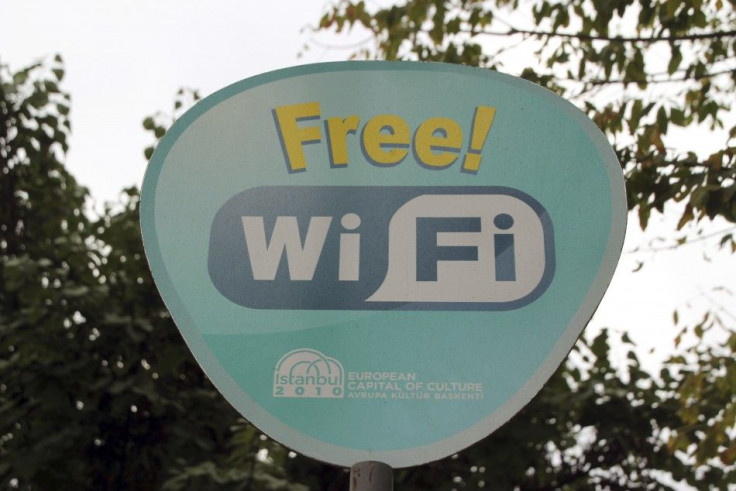32 Percent Say They Have Tried To Steal Wi-Fi

While the practice may be considered taboo to some, a recent survey said nearly one-in-three people have admitted at one point they have tried to steal someone else's Wi-Fi.
The survey, commissioned by the Wi-Fi Alliance and done by Wakefield Survey, said 32 percent of respondents admitted to attempting to access a Wi-Fi network that wasn't theirs without that person's permission. This is up 18 percentage points from a poll done in December 2008.
Most consumers know that leaving their Wi-Fi network open is not a good thing, but the reality is that many have not taken the steps to protect themselves, said Kelly Davis-Felner, marketing director for the Wi-Fi Alliance, in a statement. Consumers can usually activate Wi-Fi security protections in a few simple steps, but much like the seatbelts in your car, it won't protect you unless you use it.
Even with more people accessing other people's Wi-Fi without permission, a significant amount of respondents made it clear they recognize the importance of Wi-Fi security. In a sign of the times, 40 percent of respondents said they would be more likely to trust someone with their house key than with their Wi-Fi network password. More than one-quarter of the respondents said sharing their Wi-Fi network password feels more personal than sharing their toothbrush.
The Wi-Fi Alliance, a non-profit trade organization, says there 201 million households using Wi-Fi networks and as many as 750,000 Wi-Fi hotspots available worldwide. For the survey, Wakefield surveyed 1,054 Americans during the month of December.
To contact the reporter responsible for this story call (646) 461 6920 or email g.perna@ibtimes.com.
© Copyright IBTimes 2024. All rights reserved.




















